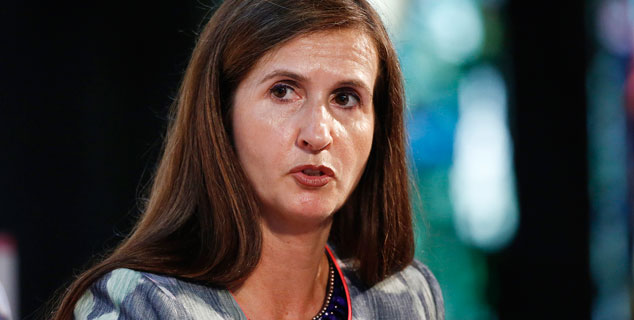
So, it’s going to be a disappointing day for me. I told you last week that I would be heading for Dundee this morning, and that on arrival, I would live tweet the fireworks between Alliance Capital and its activist investor enemies, New York hedge fund Elliott. Well, I am headed for Dundee. But it looks like there will be no fireworks – because yesterday, Alliance capitulated.
Elliott had asked that three new directors (chosen by head hunters it paid) should be put on the Alliance board to make it a better board. The current Alliance board had refused to recommend this to shareholders, and everyone had been happily taking sides.
Then, just as the nation’s financial journalists were packing their overnight bags for the showdown, came the announcement that a deal had been made. Alliance is to accept two of the directors (Anthony Brooke and Rory Macnamara), and Elliott is to stop being mean to the rest of the board until at least after the 2016 AGM.
Alliance has also committed to appointing one more independent director. Both parties released smarmy press releases about how much they look forward to engaging with the other side in the future. So what happened here? Why have we all been deprived of the AGM fireworks we were so looking forward to?
I suspect that Numis, the broker acting for Elliott, is right when it says that it was clear that if Alliance wasn’t going to lose, it was going to be at least far too close for comfort, so it gave in early to save face – and of course, to save the jobs of the chairman and the CEO (votes against them would effectively have been a vote of no confidence). However, it is only a partial face-saving: the board had been very clear in its view that Brooke and Macnamara are not independent.
Boards are supposed to be independent. So if Alliance thinks this lot aren’t, it has a duty to refuse them. It hasn’t. That doesn’t look good. On the plus side, the volte-face suggests that Alliance is finally beginning to understand that change is inevitable.
The new directors will surely force discussion on all the important matters – the trust’s discount and how to control it; the costs; the super salaries at the top; the poor performance; and the distracting subsidiaries. And that can only be a good thing for the shareholders who are hanging on.
There is a view that the best thing for shareholders would be the sale of the subsidiaries and the buildings, followed by the liquidation of the portfolio and the return of all the cash to the shareholders. I can’t see that happening, but even assuming it never does, the shares might now offer some value on their current discount of 12% to their net asset value.